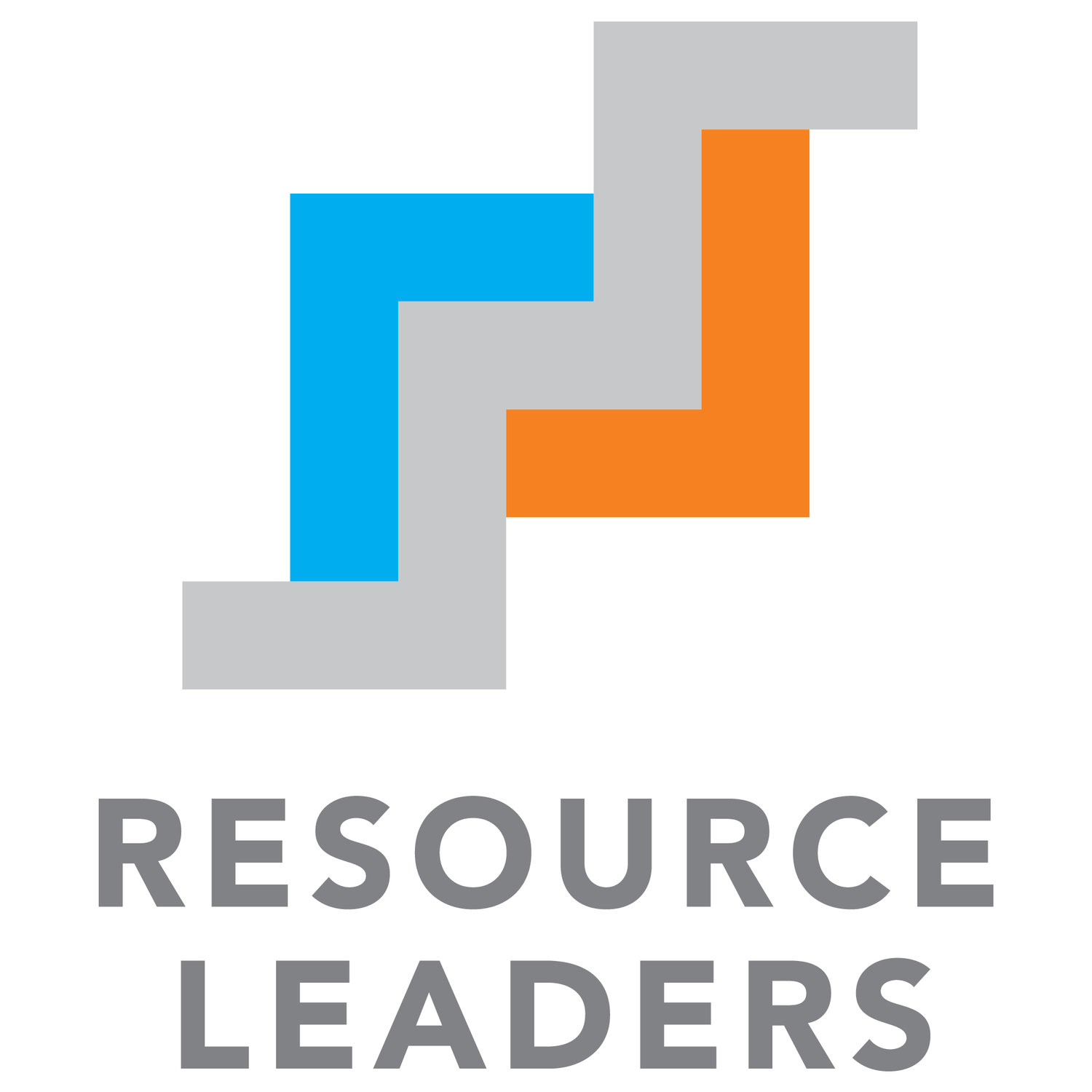Medicare Accountable Care Organizations or ACOs, as they are popularly called, can be defined as a group or network of doctors, hospitals, healthcare plans and other healthcare providers that collaborate to provide high quality, coordinated health care at lower costs to their Medicare patients.
The Centers for Medicaid or Medicare Services (CMS) has been promoting the Next Generation of ACO initiative which has seen an increasing participation of 45 ACOs, as compared to 17 in the previous year.
https://innovation.cms.gov/initiatives/Next-Generation-ACO-Model/
“The goal of the model is to test whether strong financial incentives for ACOs, coupled with tools to support better patient engagement and care management, can improve health outcomes and lower expenditures for Original Medicare fee-for-service (FFS) beneficiaries.”
This new initiative provides a higher risk-reward ratio to ACOs who provide a high quality of care to patients at lower costs. The rapidly changing healthcare landscape in United States is paving the way from the traditional fee for service model towards a fee for value model, where healthcare providers do not focus on charging a fee on the volume of services delivered. They instead earn their reimbursements on generating more value for the patients.
Healthcare providers are facing an increasing level of pressure from government authorities as well as payers to transition towards the value-based reimbursement structure with a population health approach, so that the best possible care can be delivered to patients at the lowest possible cost.
This transition is not easy for ACOs. The Next Generation of ACOs are expected to not only change their mindset and culture, but also make increasing use of digital technologies, EHRs, data and analytics tools in order to make this transition a reality. Data and analytics, in fact, form the foundation of this whole transition process. Data driven decision making will aid ACOs in eliminating inefficiency, duplication of efforts and quality of care at each step of the care mode, be it diagnostics, treatments, re-admissions or monitoring of patients. A proactive data driven and analytics-based approach will go a long way in eliminating many of the pitfalls and problems surrounding healthcare delivery in the country.
The healthcare technology market has responded well to help in this transition and continues to innovate with solutions that are really revolutionary and slated to deliver the best possible efficiency, quality of care and collaboration among organizations in an ACO. However, such a technology focused approach triggers a tremendous level of investment, re-engineering and change management in processes, systems and overall culture of an ACO. Whether or not such solutions can really deliver the desired results and ROI for ACO is yet to be proven fully.
The plethora of new technologies and tools creates additional challenges related to integration, interoperability, data security and privacy - something that ACOs need to overcome with a well planned approach that not only allows them to transition from their legacy solutions but also creates a new tech enabled culture focused on cost containment, efficiency and well coordinated care delivery. ACOs have realized that the future lies in increased coordination, sharing of data and collaboration across the entire value chain and the definition of payer and provider is blurring. Technology which can support the entire value chain is in demand, rather than focusing on individual business entities. The individual entities within an ACO also cannot afford to act in silos and need to integrate well with their group members and collaborate closely to reap the benefits of technology.
The debate on whether such a transition towards the fee for value model from the current fee for service approach will be successful and really change the healthcare delivery landscape in US will continue but one thing is sure - the technology enabled healthcare delivery by ACOs looks definitely exciting. Imagine a patient receiving customized care delivery from his/her provider based on an extensive analysis of his/her historical data, or imagine a proactive care approach by providers for the high risk population based on data analytics. In the future, patients will not need to spend time and money on unnecessary visits, re-admissions or diagnostic tests as data analytics combined with remote monitoring tools, wearable and tele-health tools will allow ACOs to remotely manage, monitor and proactively deliver high quality care to their patients. Cloud based technologies will allow ACOs to provide value based care efficiently across the entire value chain.
Expectations are high but the road for ACOs towards this transition is full of challenges.
A sound technology strategy, backed by the support of executive management and coordination among individual entities within the network can help ease the transition towards value based care for Accountable Care Organizations.



